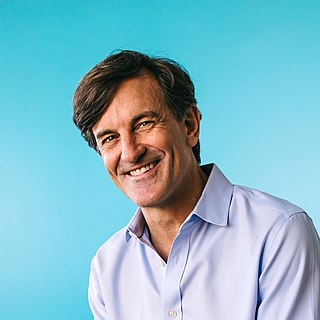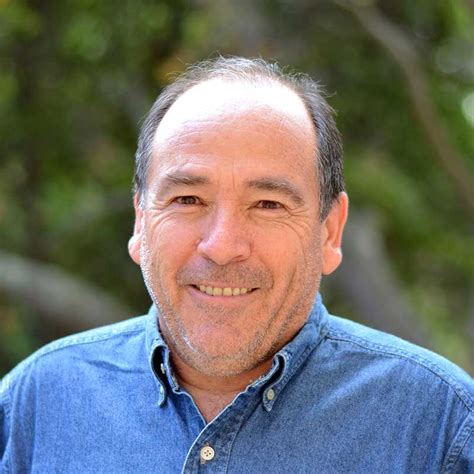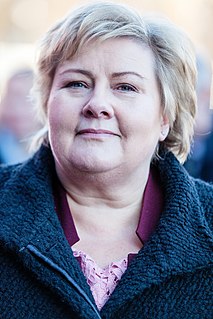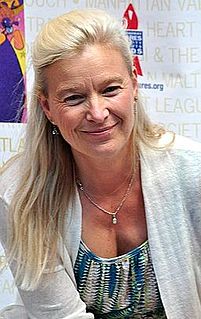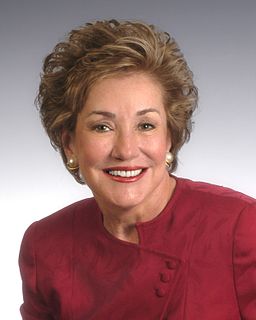A Quote by Rose George
Buy your fair-trade coffee beans by all means, but don't assume fair-trade principles govern the conditions of the men who fetch it to you. You would be mistaken.
Related Quotes
Gansey appeared beside Blue in the doorway. He shook his empty bottle at her. "Fair trade," he told her in a way that indicated he had selected a fair-trade coffee beverage entirely so that he could tell Blue that he had selected a fair-trade coffee beverage so that she could tell him well done with your carbon footprint and all that jazz. Blue said, "Better recycle that bottle.
The American people want to make sure that the rules of the game are fair. And what that means is that if you look at surveys around Americans' attitudes on trade, the majority of the American people still support trade. But they're concerned about whether or not trade is fair, and whether we get the same access to other countries' markets that they have with us. Is there just a race to the bottom when it comes to wages, and so forth.


